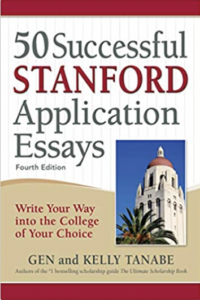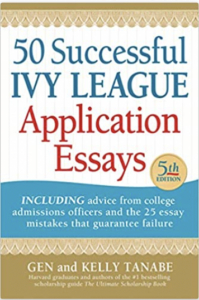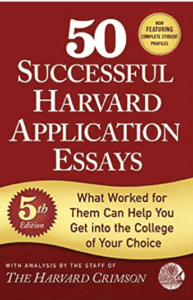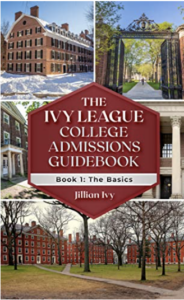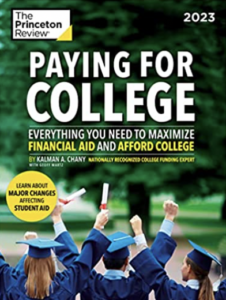Should I Talk About Race in My College Admissions Essays?
Should You Talk About Race? Ivy League College Admissions
Introduction
As the college admissions process becomes increasingly competitive, students are constantly searching for ways to make their applications stand out. One question that often arises is whether to address one’s race or ethnicity in the admissions essay. While this topic is certainly relevant and important in today’s diverse world, it raises a complex set of considerations. In this article, we’ll explore the pros and cons of discussing race in your college admissions essay and provide guidance on how to navigate this sensitive issue.
The Pros of Discussing Race
1. **Diversity and Perspective**: One of the primary benefits of addressing your race or ethnicity is the potential to contribute to the diversity of the college community. Admissions officers often seek to create a diverse student body to foster a rich exchange of ideas and experiences. Sharing your unique perspective can be a valuable addition to the campus culture.
2. **Personal Growth and Resilience**: Many applicants have faced challenges related to their racial or ethnic identity. Discussing these challenges can demonstrate resilience, personal growth, and the ability to overcome adversity. This can make a compelling narrative for your essay.
3. **Authenticity**: Admissions officers appreciate authenticity in applicants. If your race or ethnicity has played a significant role in shaping your identity or experiences, it may be important to include it in your essay. Authenticity can help you connect with the reader on a personal level.
The Cons of Discussing Race
1. **Stereotyping and Bias**: Unfortunately, some admissions officers may unintentionally stereotype applicants based on their race or ethnicity. Discussing your racial background could lead to biases or assumptions that may work against you. It’s essential to approach this topic carefully to avoid reinforcing stereotypes.
2. **Privacy Concerns**: Sharing personal experiences related to race can be deeply personal and potentially invasive. Some applicants may feel uncomfortable disclosing this information, and it’s important to respect their privacy and boundaries.
3. **Overemphasis on Race**: Focusing too heavily on your race in your essay may detract from other aspects of your identity, achievements, and interests. Admissions officers want to see a well-rounded applicant, so be cautious not to overshadow other important qualities.
Tips for Addressing Race in Your College Essay
1. **Consider Your Motivation**: Reflect on why you want to discuss your race in your essay. Is it an integral part of your identity and experiences? Does it contribute meaningfully to your application? If so, proceed thoughtfully.
2. **Tell a Story**: If you choose to discuss your race, consider framing it as a story that illustrates a broader theme or personal growth. Highlight how your experiences have shaped you as an individual and how they connect to your goals and values.
3. **Avoid Stereotypes**: Be aware of potential stereotypes and biases, and strive to challenge or counter them in your essay. Present a nuanced and authentic portrayal of your experiences.
4. **Seek Feedback**: Share your essay with trusted teachers, counselors, or mentors who can provide feedback. They can offer valuable insights into how your essay comes across and whether it effectively addresses the topic of race.
Conclusion
Deciding whether to talk about your race in your college admissions essay is a personal choice that depends on your unique experiences and motivations. While addressing your racial or ethnic identity can be a powerful way to contribute to diversity and share your authentic self, it also requires careful consideration to avoid potential pitfalls. Ultimately, the key is to approach the topic with authenticity, sensitivity, and a clear connection to your overall narrative as an applicant. Remember that the goal of your essay is to help admissions officers understand who you are and what you can bring to their college community, regardless of whether you choose to discuss your race.
I’m a former Harvard admissions interviewer + Harvard graduate. Contact me today for a FREE consultation at: www.IVY COLLEGE ESSAY.com and get into the school of your dreams!
Other articles you may be interested in:
How to Prepare for An Ivy League Education
How to Get Into Columbia University
How to Write a Great Common App Essay




